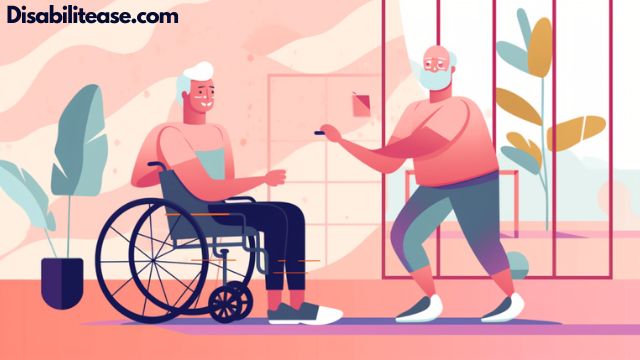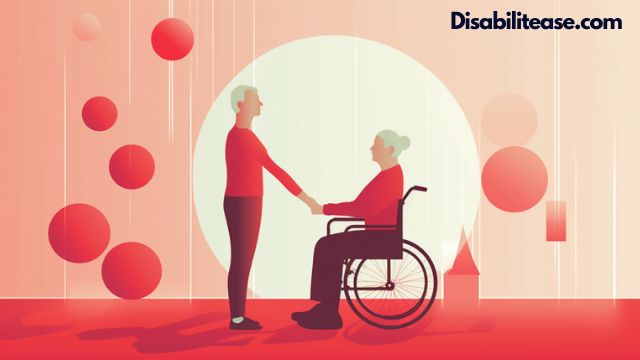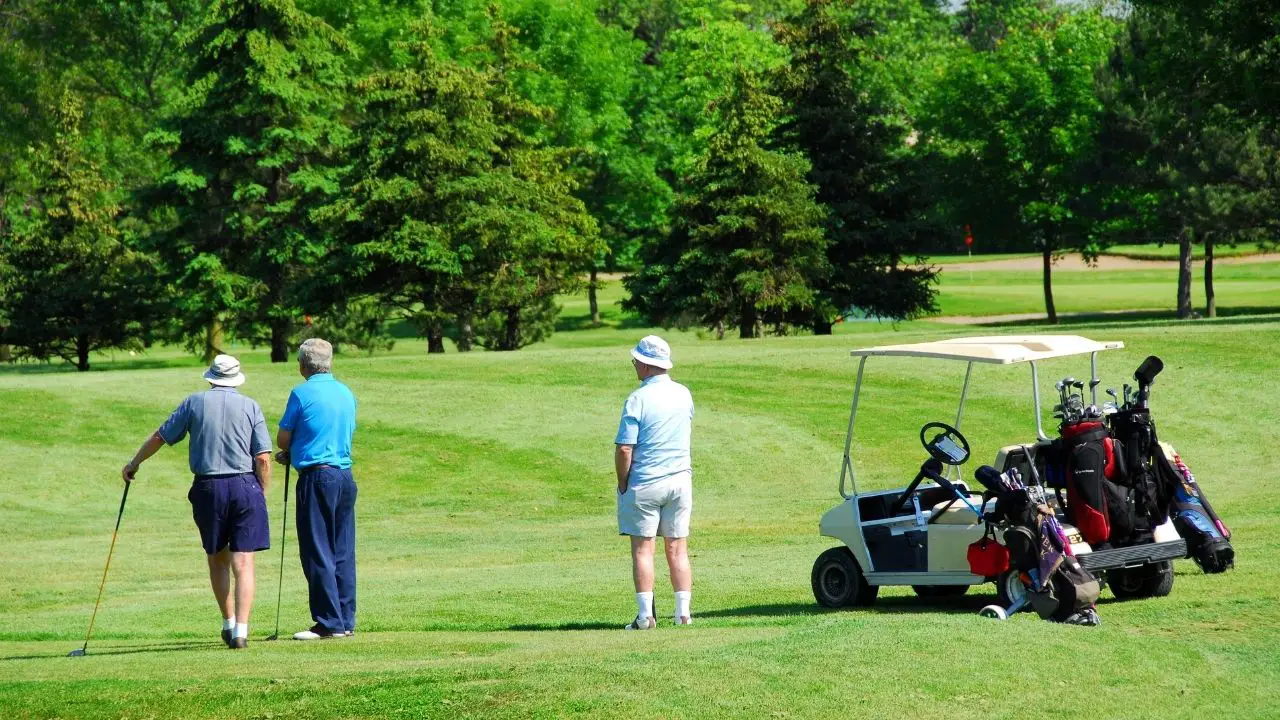Caring for an elderly or disabled individual can be a challenging task. It’s important to help them stay physically active and motivated to exercise in order to maintain their health.

As a caregiver, you can take simple steps to make sure that your elderly or disabled charge stays on track with their physical activity goals.
You can set realistic goals, make exercise enjoyable, and reward success in order to keep them motivated and engaged in regular exercise.
Table of Contents
Tips On How To Motivate An Elderly Or Disabled Person To Train As A Caregiver
In this article, you will learn strategies for helping the elderly or disabled individuals in your care stay motivated to exercise.
Set Realistic Goals
Setting realistic goals can help you stay motivated and make progress – it’ll feel great when you reach them! When caring for an elderly or disabled person, it’s important to set achievable goals that the individual is comfortable with.
Tracking progress is a great way to motivate yourself as you work towards these goals, as well as setting milestones along the way. This will allow the individual to celebrate small successes and boost their confidence in reaching their fitness goals.
It’s also important to consider what type of exercise is feasible for the individual – if they have difficulty walking, then a swimming program may be more suitable than running on a treadmill. Depending on their capabilities, they could focus on strength training or low-impact exercises like yoga or Pilates, both of which are beneficial in improving balance and flexibility.
Whatever activity they choose, it should be tailored to suit their needs and physical abilities. Encouraging the individual to stay active will help improve both their physical health and mental well-being.
Creating an enjoyable routine that challenges them but doesn’t become too overwhelming will ensure that motivation levels remain high throughout the process. Providing support and encouragement every step of the way will make all the difference in helping them achieve their fitness goals.
Make Exercise Enjoyable

To help elderly or disabled individuals stay motivated to exercise, it’s important to make the activity enjoyable.
Encourage social interaction by doing activities with friends and family members. Incorporate activities they already enjoy, such as gardening or dancing, that will give them an easy way to stay active.
With a little creativity and encouragement, exercise can be both fun and beneficial for everyone involved.
Encourage social interaction
Invite a friend along to your exercise session – social interaction can help keep you motivated! Going through the motions of exercising with someone else can provide much-needed support and encouragement.
You don’t have to go it alone – forming relationships with others in similar situations is one of the best ways to stay motivated. Here are some great ways to get involved:
- Join a local support group for caregivers and individuals who need care.
- Take part in virtual or in-person fitness classes, like yoga or tai chi.
- Seek out positive reinforcement from family, friends, or peers who understand what you’re going through.
No matter your specific situation, involving an element of social interaction in your regular exercise routine can make all the difference. Having someone alongside you on the journey towards better physical health can be incredibly motivating and rewarding!
Incorporate activities they enjoy
Find joy and fulfillment in activities you already enjoy – a key to maintaining motivation is to do something that brings you happiness. Incorporate music into your routine or switch up your exercise regime.
Music can help make exercising more enjoyable, providing an extra boost of energy when needed. Try different routines, such as dancing or walking outdoors, and find what works best for you.
Switching up the routine will keep you interested and engaged. If it’s getting too hard to stay motivated, connect with friends and family who are also on their fitness journey – having people around who understand what it takes to stay active can be great support!
Reward Success

Encouraging caregivers to reward success when elderly or disabled individuals exercise can be an effective way to keep them motivated. Positive reinforcement is a powerful tool that can help build self-confidence, as well as motivate people to continue with their exercise routines.
Rewards for reaching goals should be tailored to the individual’s interests and preferences; this could range from a special outing such as going out for ice cream, or even something simple like taking time off from other activities so they can relax and enjoy themselves. As caregivers provide these rewards, it’s important to remind the person of the health benefits associated with regular exercise so they understand why it’s important for them in the long run.
It’s also important that caregivers set realistic goals with the individual while striving to challenge them enough that they don’t become overwhelmed or bored. Short-term goals are often more successful than long-term ones; each small victory over time will create a sense of accomplishment and give them something tangible to celebrate.
Caregivers should also take care not to put too much pressure on themselves when things don’t go according to plan; instead, they should focus on continuing to encourage and support their loved ones in any way possible.
Rewards not only serve as positive reinforcement but also as a reminder of progress made thus far—something that may be difficult for those who are elderly or disabled due to physical limitations or lack of energy. This will help build resilience and boost morale so there continues to be motivation for furthering their progress without feeling discouraged by setbacks along the way.
Conclusion
Helping your elderly or disabled loved one stay motivated to exercise can be challenging, but with these tips, you should have a better idea of how to do it.
Set realistic goals and make the exercises enjoyable by doing them together or playing music.
And don’t forget to celebrate successes, no matter how small!
With patience and understanding, you can help your loved one stay motivated and reap the benefits of regular exercise.
Together you can find ways to make exercising more fun so that they’ll look forward to it instead of dreading it.

Hi, my name is Eddie, I am a professional trainer specializing in the elderly population and I’m also a website designer. I love training in the gym, going to the beach, traveling, and having good food.
I combined my love for sport and website designing to make “DisabilitEase” whose purpose is to help elderly and disabled people live a more full and active life, have more fun, and enjoy their unique journey despite any disability.



